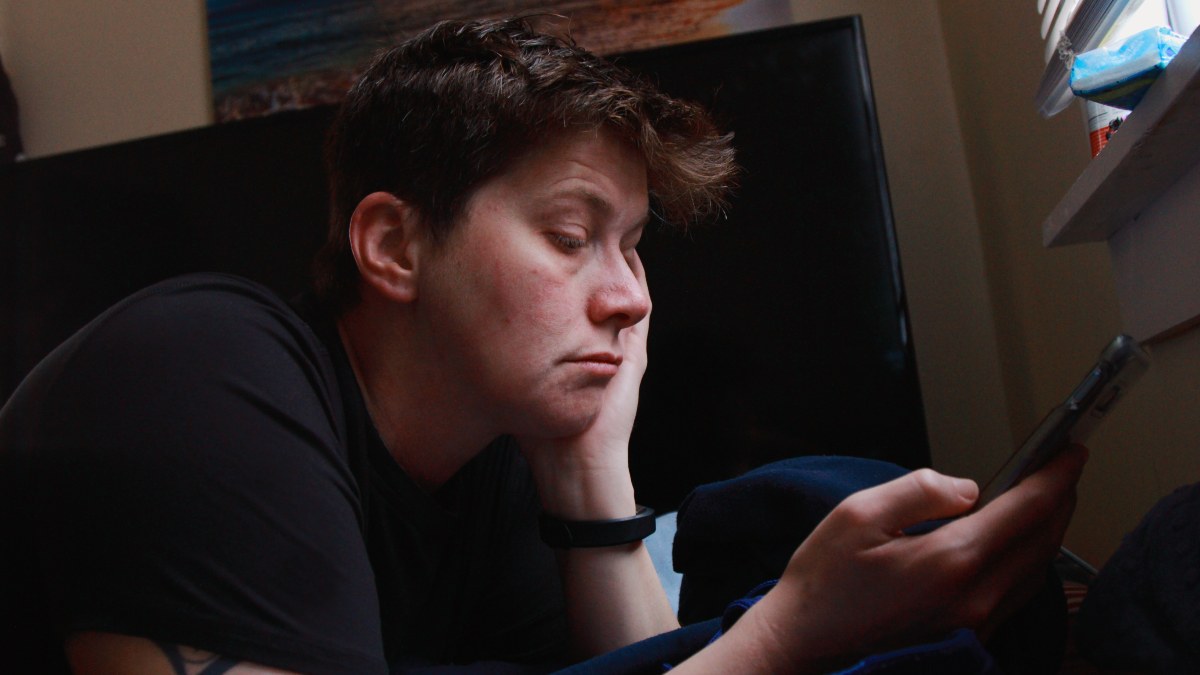
How To Prevent 'Phubbing' From Eroding Your Connection With Your Partner
Your relationship with your smartphone should not take over your relationship with your partner.

By Mark Travers, Ph.D. | August 29, 2023
We use our phones for everything. Whether for communication or entertainment, popular apps like TikTok and Instagram are optimized to keep our attention, making it easy to get lost in the endless stream of content.
While phones have many benefits, they can also take away from the quality time we spend with our partners. This is known as "phubbing," the act of ignoring someone in favor of our phones.
Many of us probably already know that being distracted by our phones while sharing private moments with our partners can trigger arguments and affect the quality of our relationships. In fact, a study published in Frontiers in Psychology found that the more often a person experiences being phubbed, the more ostracized they feel. According to the study, this can affect their mood and even cause them to trust you less.
If your partner's wavering attention is affecting your relationship, it is crucial to approach the issue of phubbing in a solution-oriented, constructive manner. Here's what research says about communicating effectively with your partner if their phone usage is starting to complicate the relationship:
Examine Why Phubbing Hurts You And Convey It To Your Partner In A Way They Understand
We have certain expectations about how others should behave in social situations. When these expectations are violated, it can cause a range of reactions, from surprise and confusion to anger and disappointment. This is the gist of the expectancy violations theory of communication.
In the context of phubbing, if you expect your partner to be fully present and engaged during a dinner date, but they are constantly distracted by their phone, this can be seen as a violation of your expectations.
A recent study explored how phubbing affected 712 married individuals, especially in the context of how well the partners communicated with each other. Interestingly, while the study found that phubbing is often linked to lower marital satisfaction, its effects were diminished when couples were able to communicate effectively.
In particular, the study found five sub-dimensions of communication skills that counteracted the harmful consequences of phubbing your partner. Let's look at how each of these sub-dimensions of effective communication can be leveraged to dissuade your partner from being distracted by their phone around you:
- Ego-developing language. Use positive feedback and encouragement to show your partner that you value and respect them. Acknowledge their efforts to reduce their phubbing behavior and express your gratitude for their attention. By using ego-developing language, you can create a positive and supportive environment in which to discuss the issue of phubbing and help your partner feel more motivated to change their behavior.
- Effective listening. By practicing effective listening, you can create a safe space for your partner to share their thoughts and feelings about phubbing and work together to find solutions that work for both of you. Demonstrate that you care about what your partner has to say by paying attention and responding appropriately. Avoid distractions and interruptions, and ask open-ended questions to show that you are engaged.
- Self-revelation. Share your feelings and thoughts about how phubbing affects you and your relationship. Be honest and respectful when expressing your needs and expectations regarding phone use. By engaging in self-revelation, you can help your partner understand how their behavior is impacting you and create a deeper sense of intimacy and connection in your relationship.
- Empathy. Show compassion and understanding for your partner's emotions and experiences. Avoid making assumptions or judgments about their phone use, and try to see things from their perspective. By showing empathy, you can validate your partner's emotions and experiences and help them feel heard and understood. This can create a stronger sense of trust and connection in your relationship, making it easier to address the issue of phubbing together.
- Using a suitable love language. Express love and appreciation for your partner in a way that matches their preferences and needs. Discover their love language and use it as a way to reconnect after a phubbing incident. By using an apt love language, you can communicate your love and support for your partner in a way that they will understand and appreciate. This can help strengthen your bond and make it easier to work through challenges like phubbing together.
Conclusion
In the digital age, phubbing is a real threat to relationships, but research affirms the power of effective communication. Harnessing tools like empathy, active listening, and tailored love languages can mitigate technology's disruptive pull. As screens vie for attention, it's our commitment to understanding and dialogue that ensures our romantic relationships remain robust, reminding us to prioritize human bonds over digital distractions.
